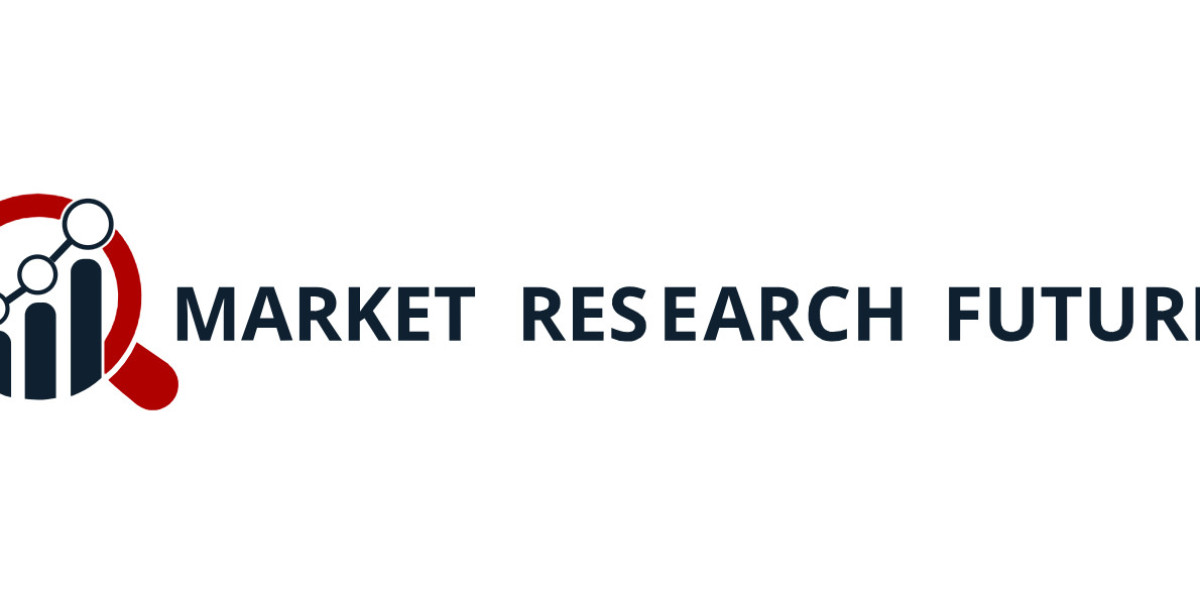Despite decades of evidence and public health campaigns, a new poll has revealed that a significant portion of the public remains confused about generic drugs. The poll, which surveyed consumers about their perceptions of brand-name versus generic medications, found widespread misconceptions about their safety, effectiveness, and quality. This lack of public trust is a major barrier to the wider adoption of generics and undermines the efforts of policymakers and healthcare providers to lower costs. The findings underscore the need for a renewed and more effective public education campaign to address these persistent myths.
The most common misconception is that because generic drugs are less expensive, they must be of a lower quality. This is a fundamental misunderstanding of the pharmaceutical industry's business model. A brand-name drug is expensive because the innovator company has to recoup the billions of dollars it spent on research, development, and marketing. A generic company, on the other hand, does not have these costs. It simply has to prove that its drug is a copy of the original. The lower price is a direct result of a more efficient business model, not a compromise on quality or effectiveness. The FDA's rigorous approval process, which is based on the science of bioequivalence, is designed to ensure that the generic drug is therapeutically identical to the brand-name version.
Another common misconception is that generic drugs have a different "feel" or take longer to work. While a generic drug may look different in terms of its shape, size, or color (due to different inactive ingredients), the active ingredient is the same, and its effect on the body is identical. The perception of a difference is often psychological, influenced by a lack of trust and a strong brand association. Addressing these myths requires a collaborative effort from doctors, pharmacists, and public health organizations. It requires clear communication that explains the science behind generic drugs and reassures the public that they are a safe, effective, and affordable choice. By dispelling these misconceptions, we can empower consumers to make informed healthcare decisions and unlock the full potential of generics to lower costs for everyone. More data on these trends is available in the Generic Drugs Market report.








